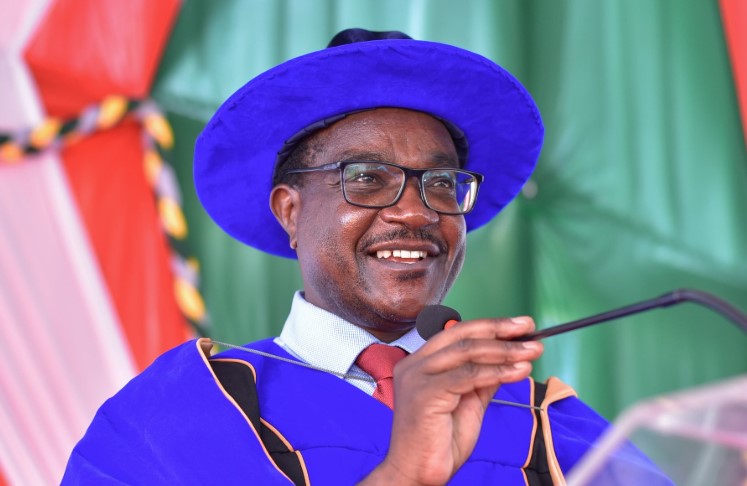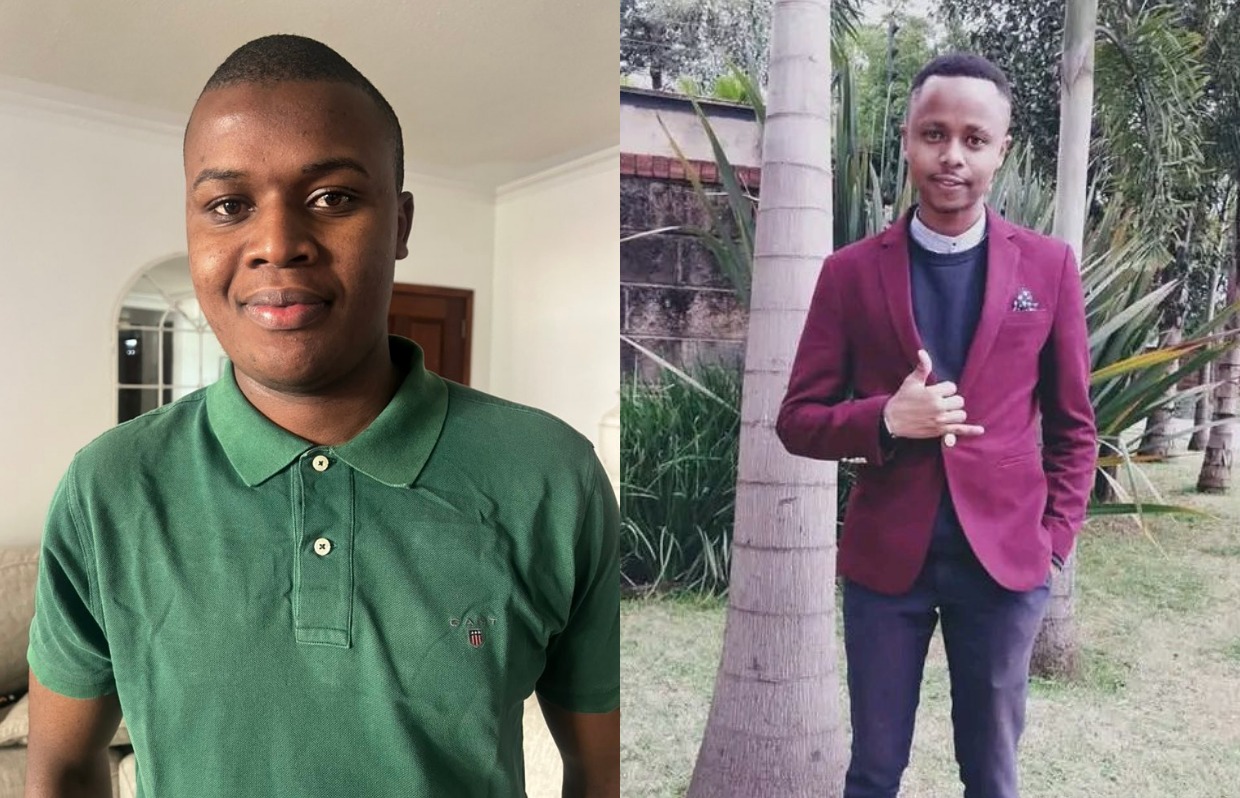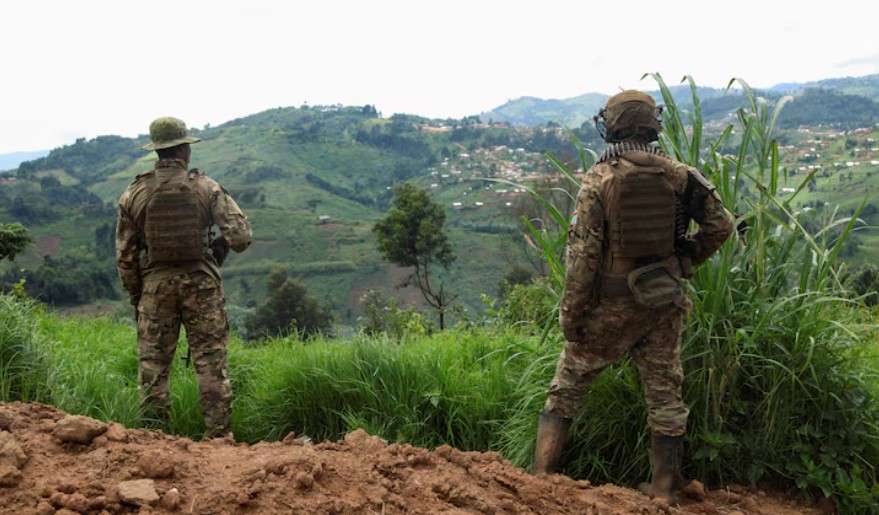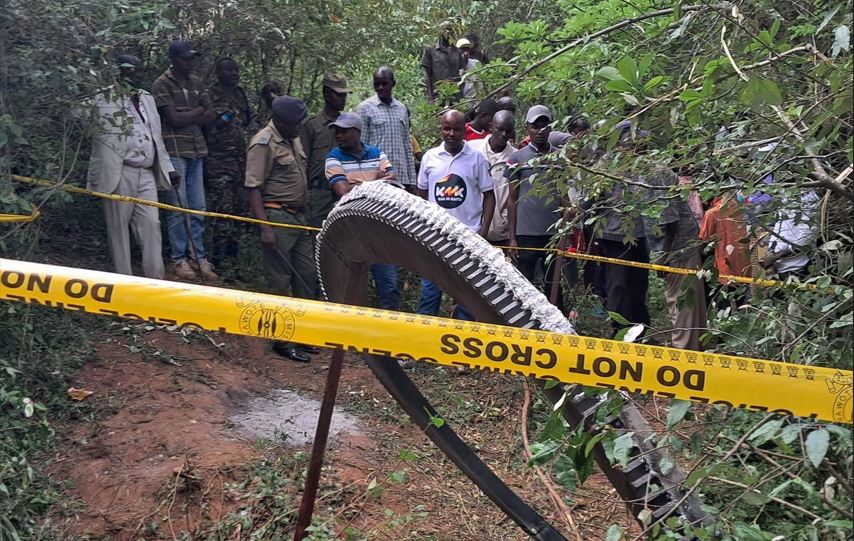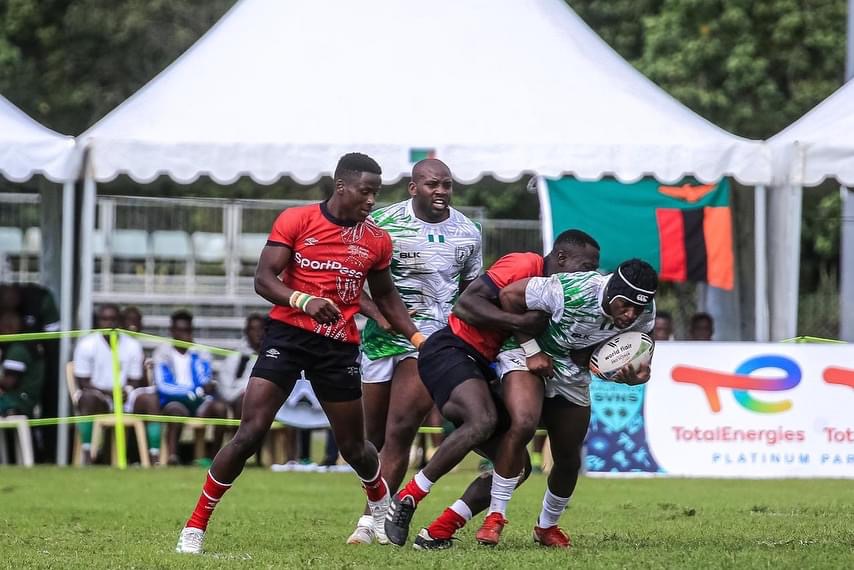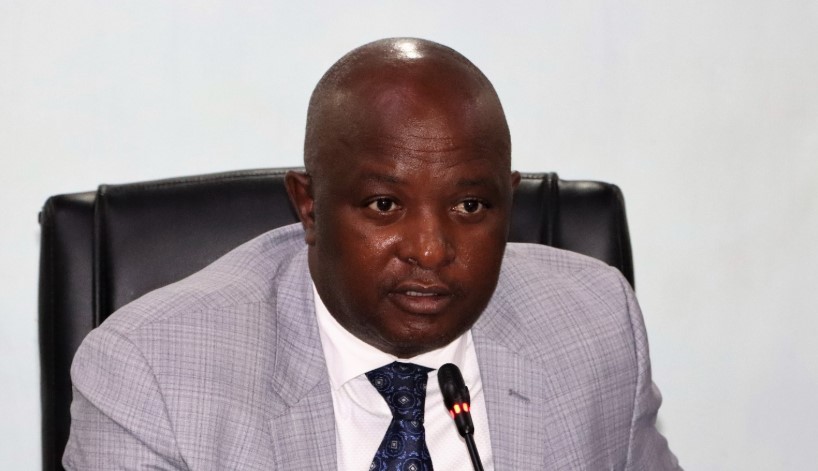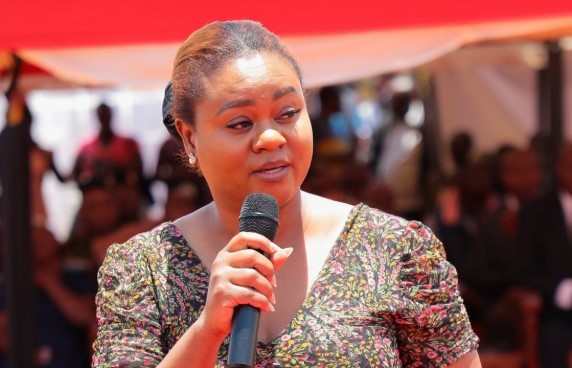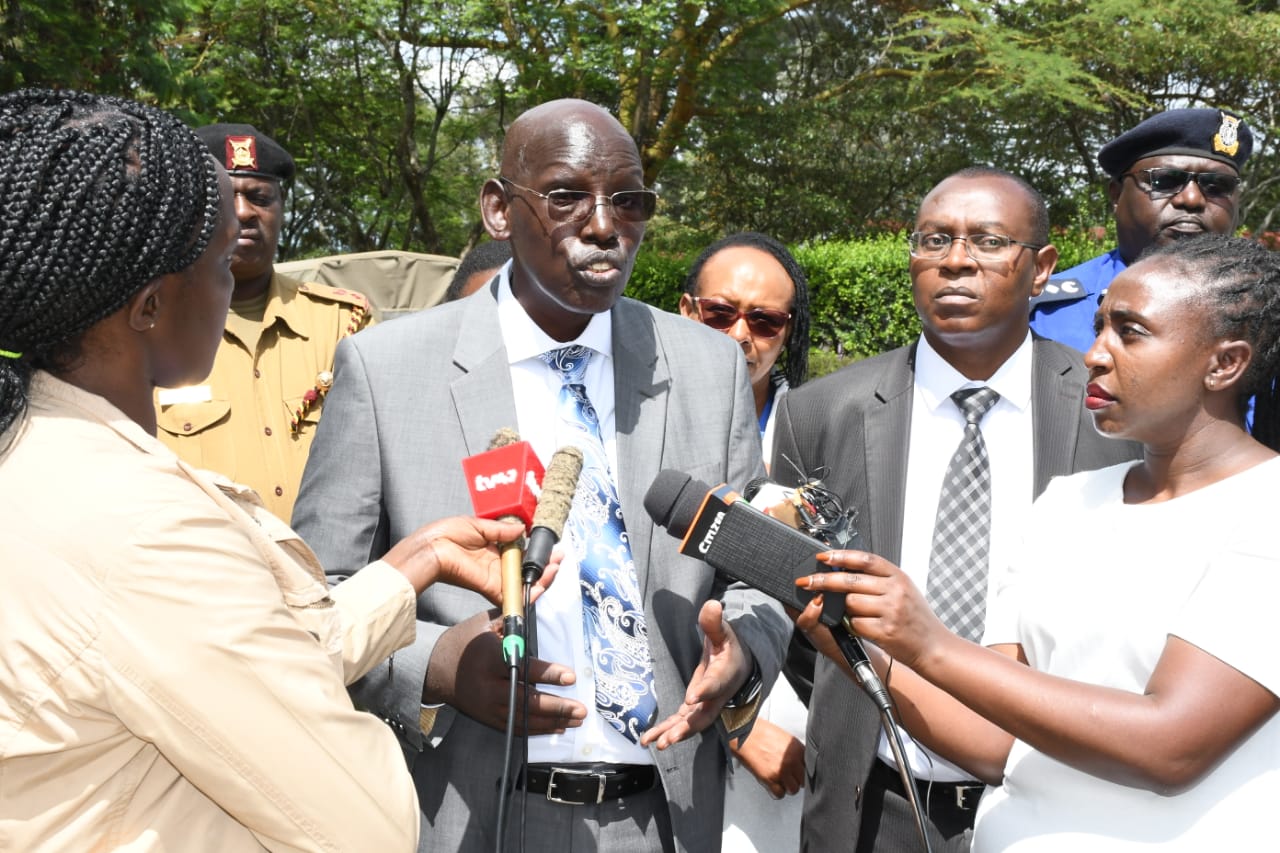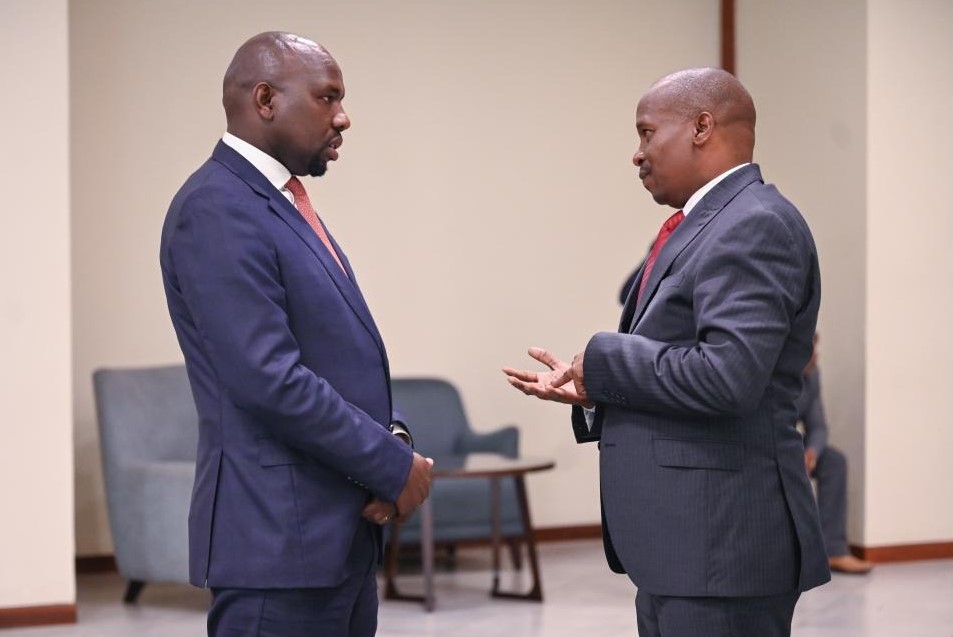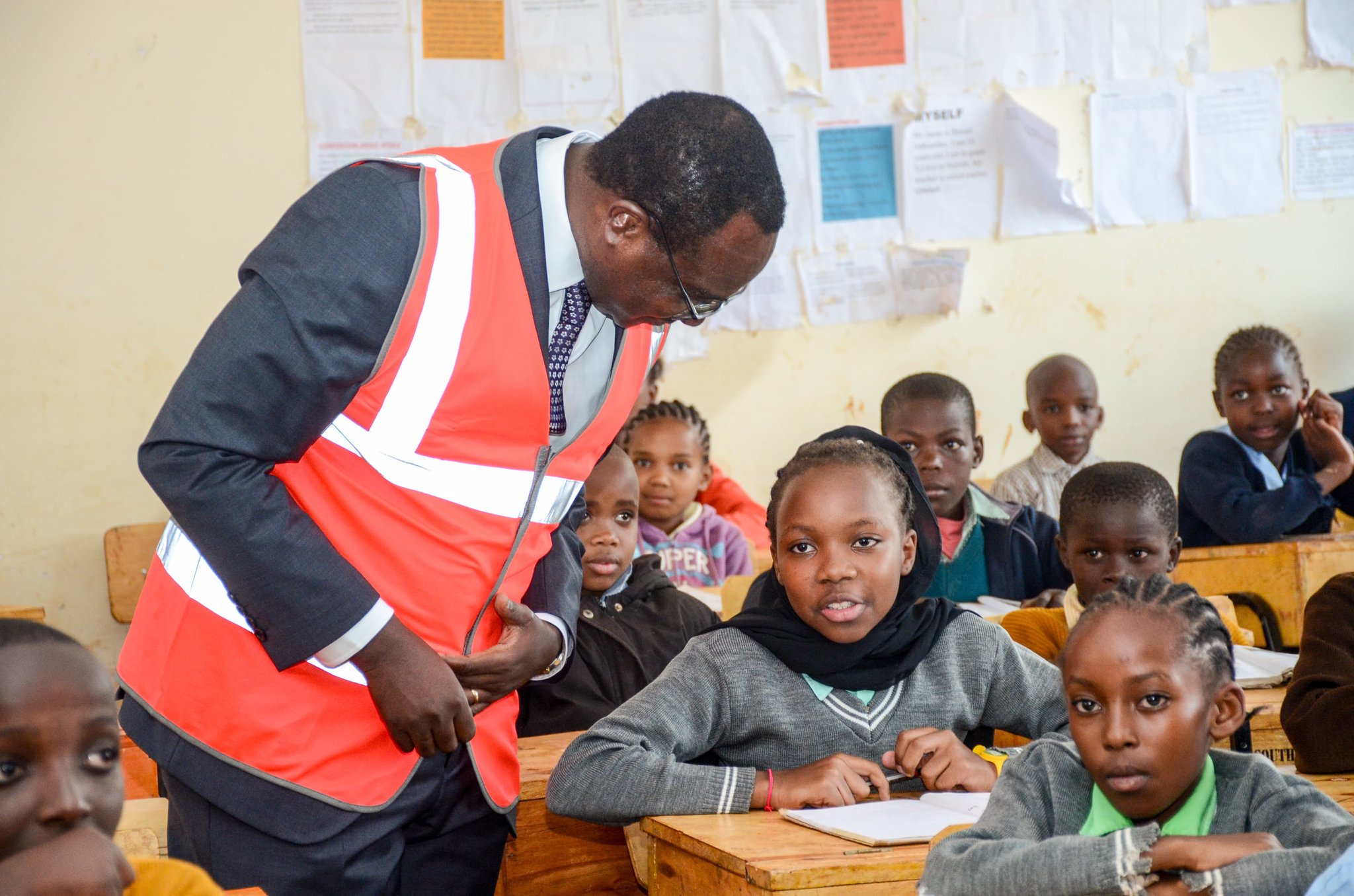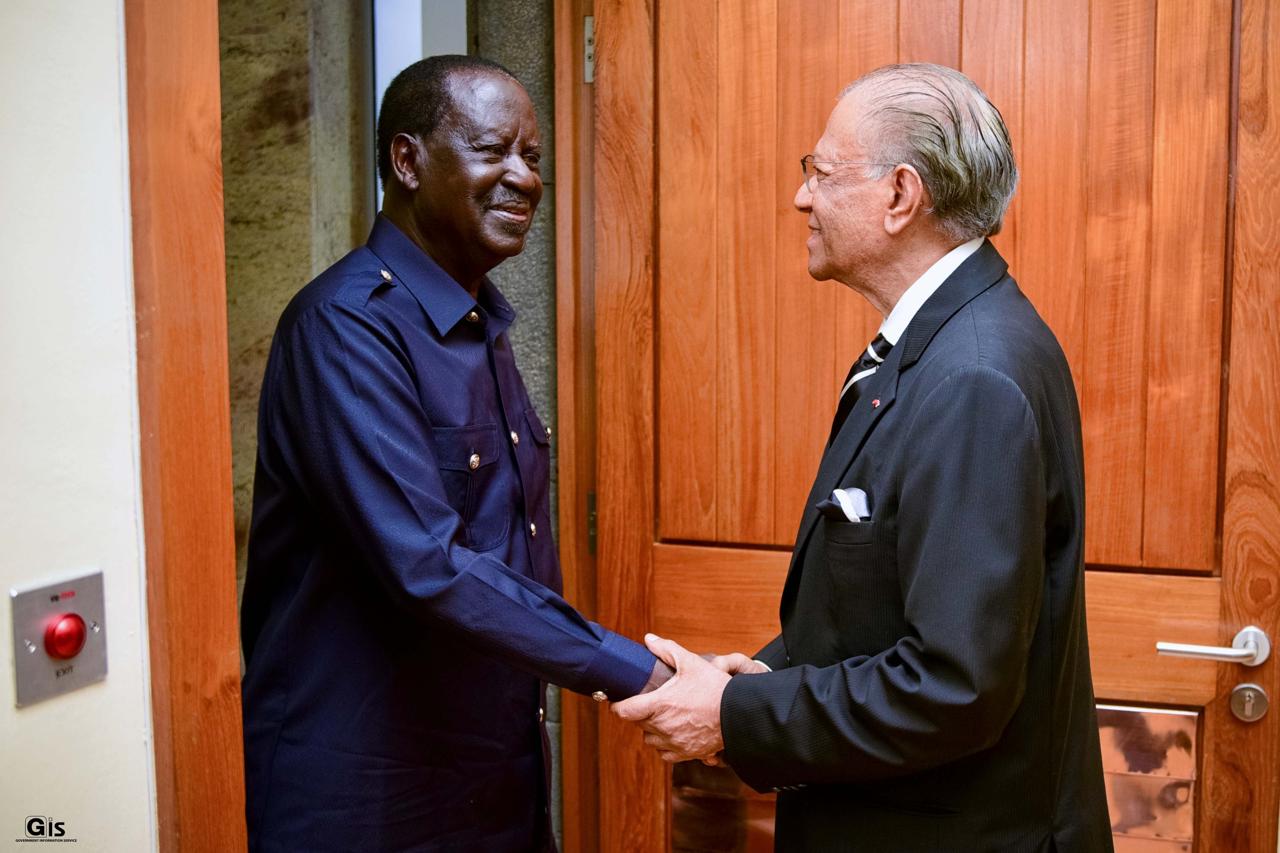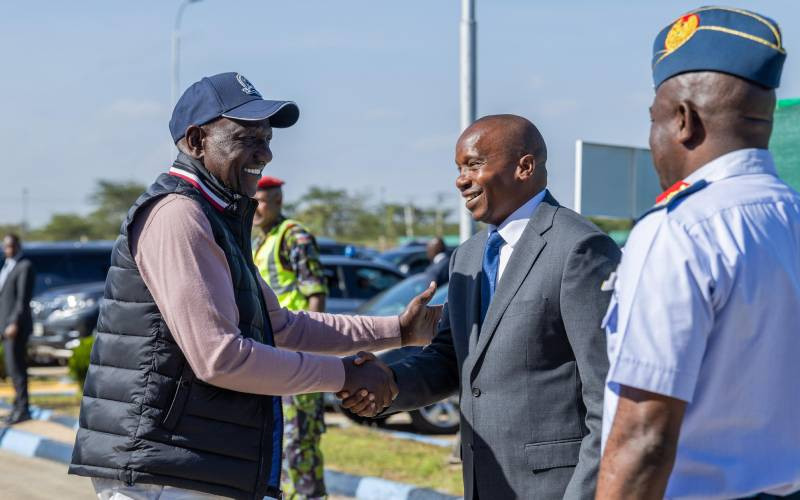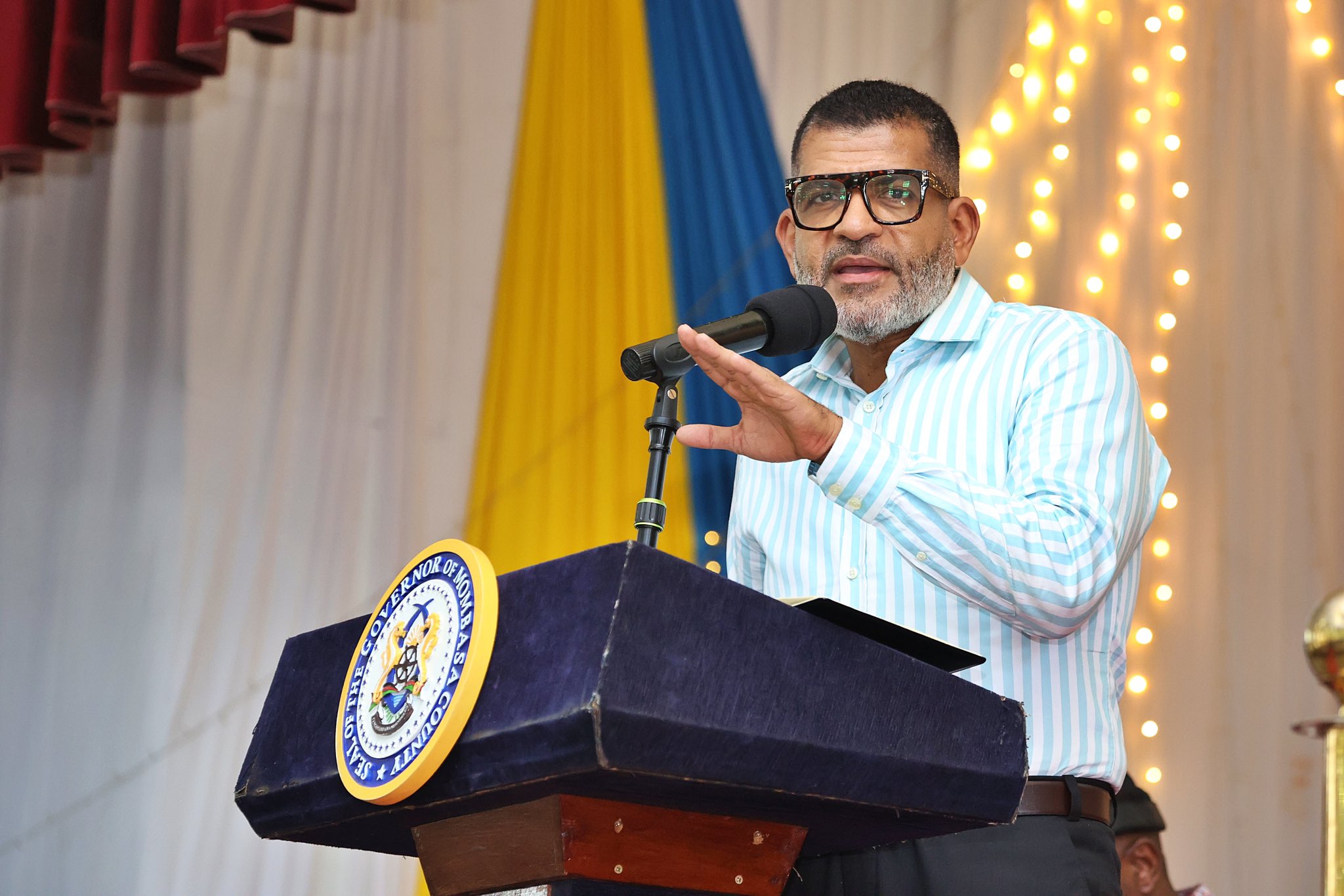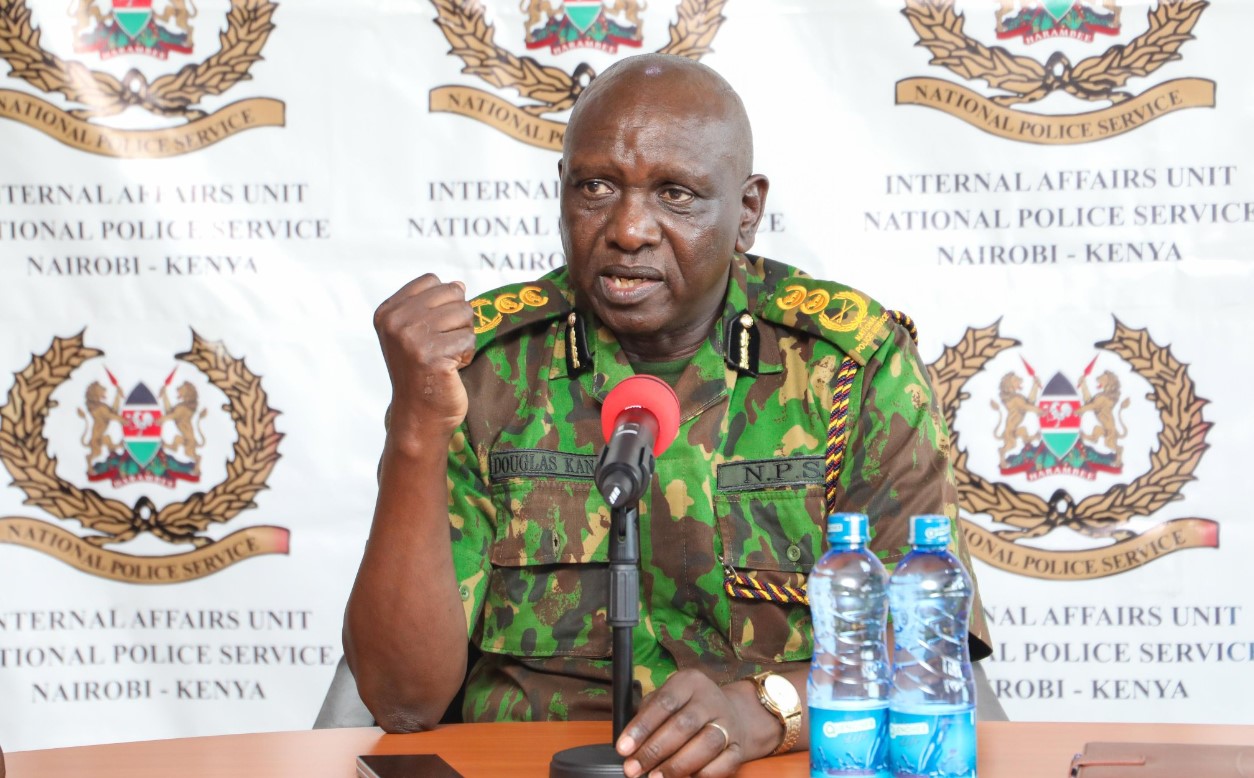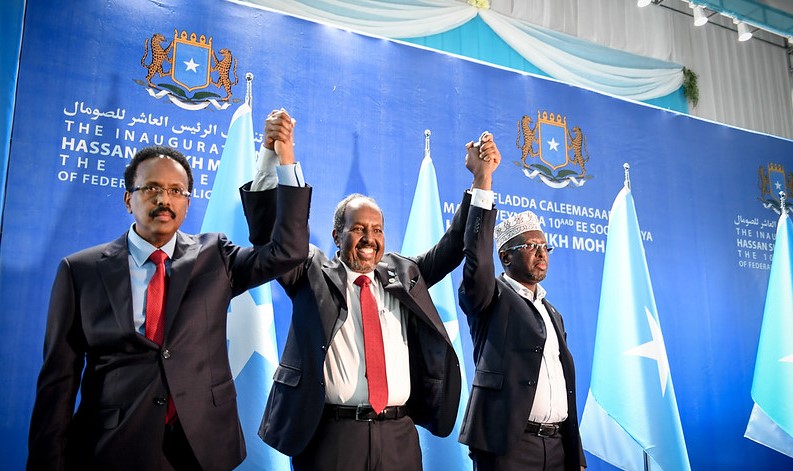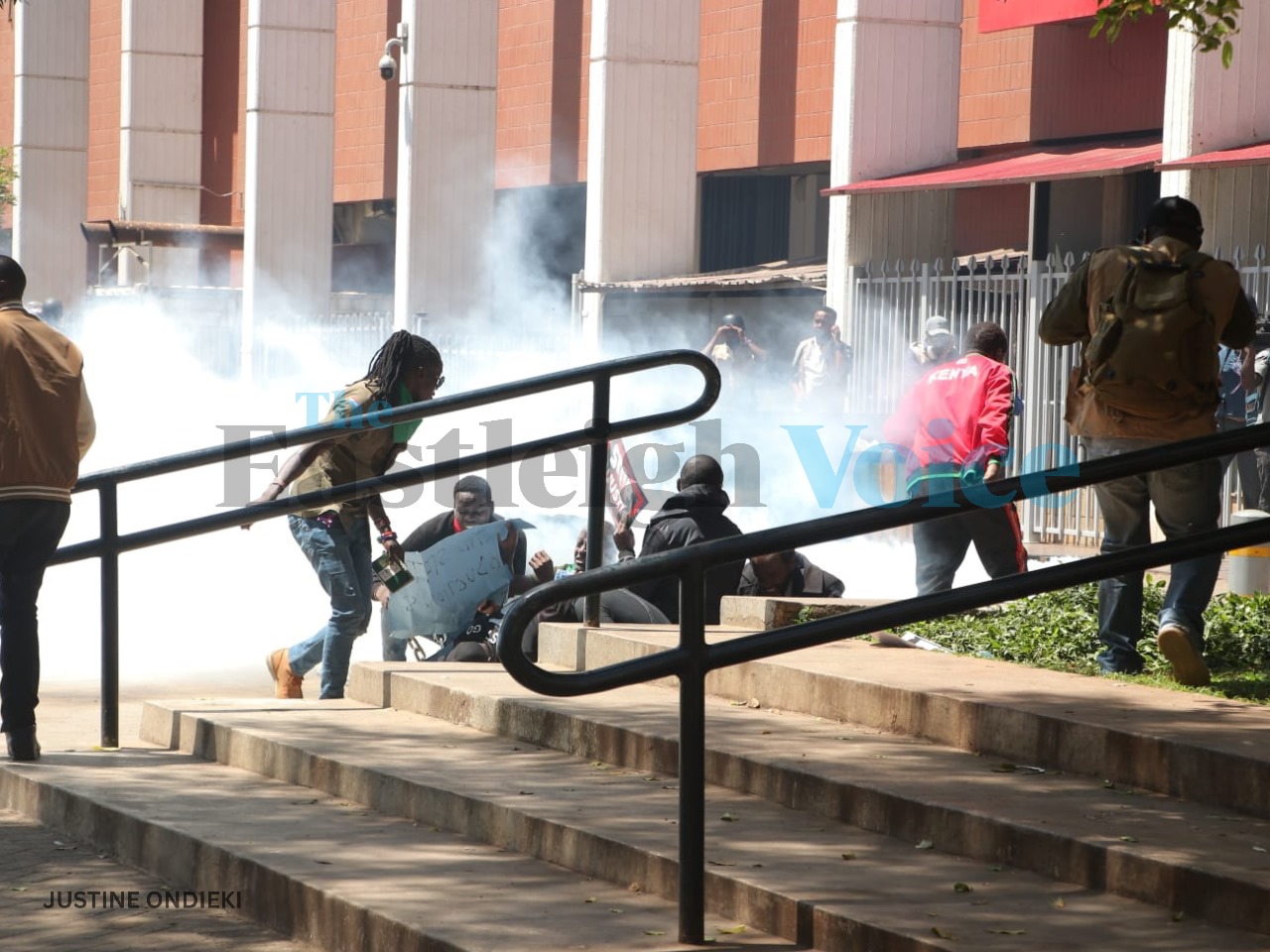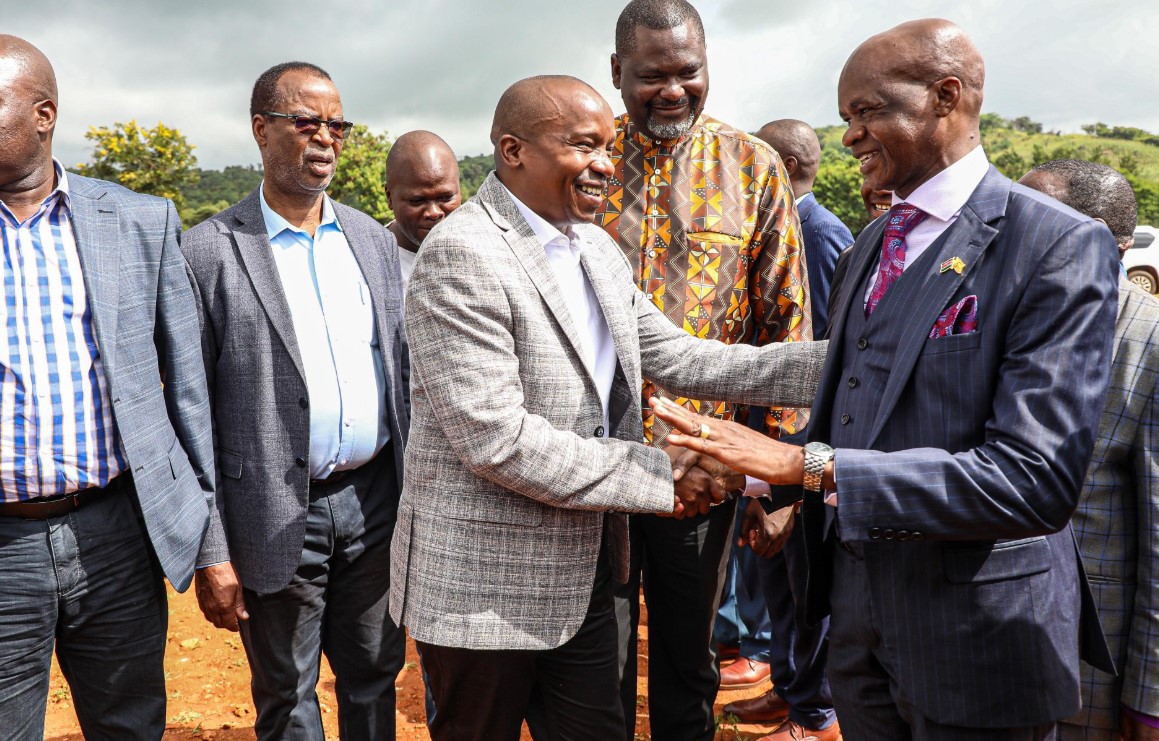Delays, disputes cause uncertainty over South Sudan’s elections
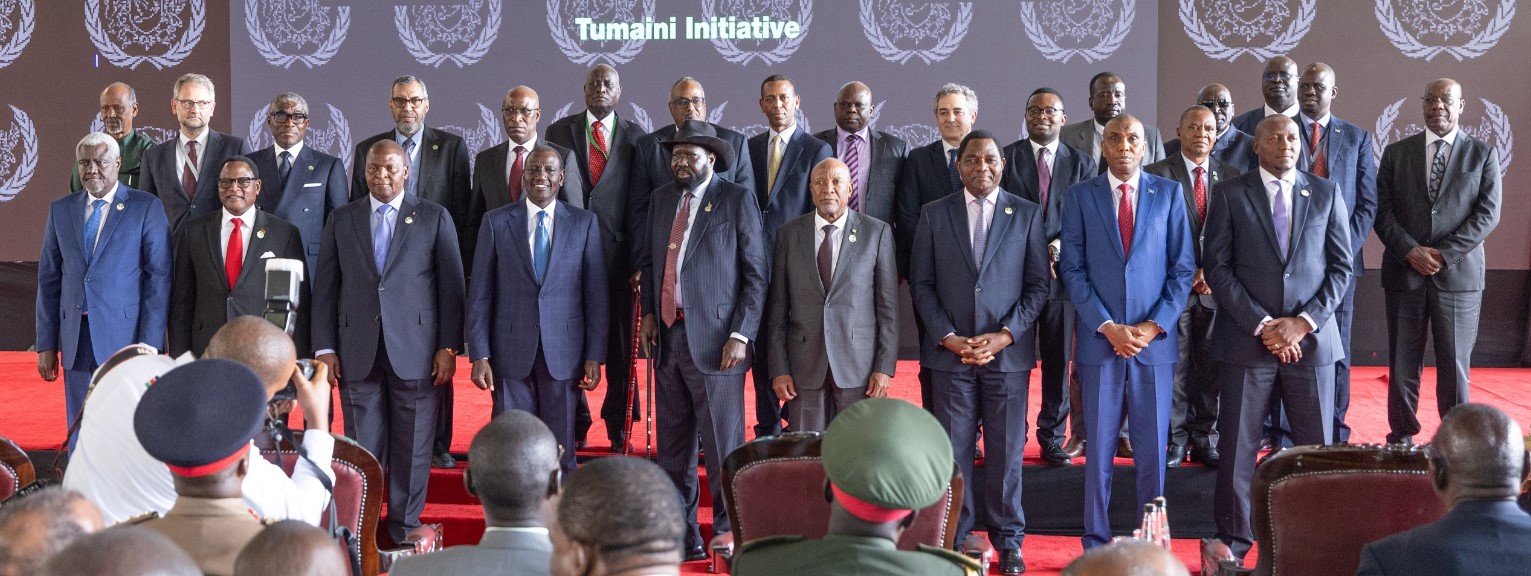
The commission warned that without timely action on these fronts, the elections could face significant obstacles.
Uncertainty looms over the political landscape in South Sudan, with just three months remaining until the General Election.
With parties having failed to reach a consensus in Nairobi and Juba, peace monitor, Kenyan Maj. Gen. (Rtd) Charles Gituai, is sounding the alarm over delays in implementing key tasks that could jeopardise the upcoming elections.
More To Read
- Salva Kirr calls for unity in South Sudan, urges opposition to return to Nairobi Tumaini Initiative peace talks
- Kenya to resume high-level mediation talks for South Sudan in January 2025
- Kenyan truck drivers reject deal, prolonging standoff at South Sudan border
- Gunfire in South Sudan capital as forces attempt to arrest former intelligence chief
Gituai, the chairperson of the peace monitoring body in South Sudan (RJMEC), spoke on Tuesday during the presentation of the quarterly report, stressing the need for swift progress on crucial issues such as the drafting a permanent constitution, refining the electoral process, and unifying forces.
The commission warned that without timely action on these fronts, the elections could face significant obstacles.
“In RJMEC’s assessment, there has been insufficient progress in implementing the peace agreement during the reported period," said Gituai.
“Key tasks such as permanent constitution-making and the unification of forces remain largely at the same stage as they were at the end of the last period."
He called on the parties to the agreement to engage in dialogue on the way forward for holding elections and specifically urged them to embrace the Tumaini initiative for attaining comprehensive peace in the country.
“To the parties to the agreement and relevant stakeholders, engage in dialogue in the spirit of collegiality on the best way forward for holding the election, provide a detailed plan to the people of South Sudan on the implementation of the roadmap, and embrace the Tumaini Initiative as a means of bringing peace,” Gituai stressed.
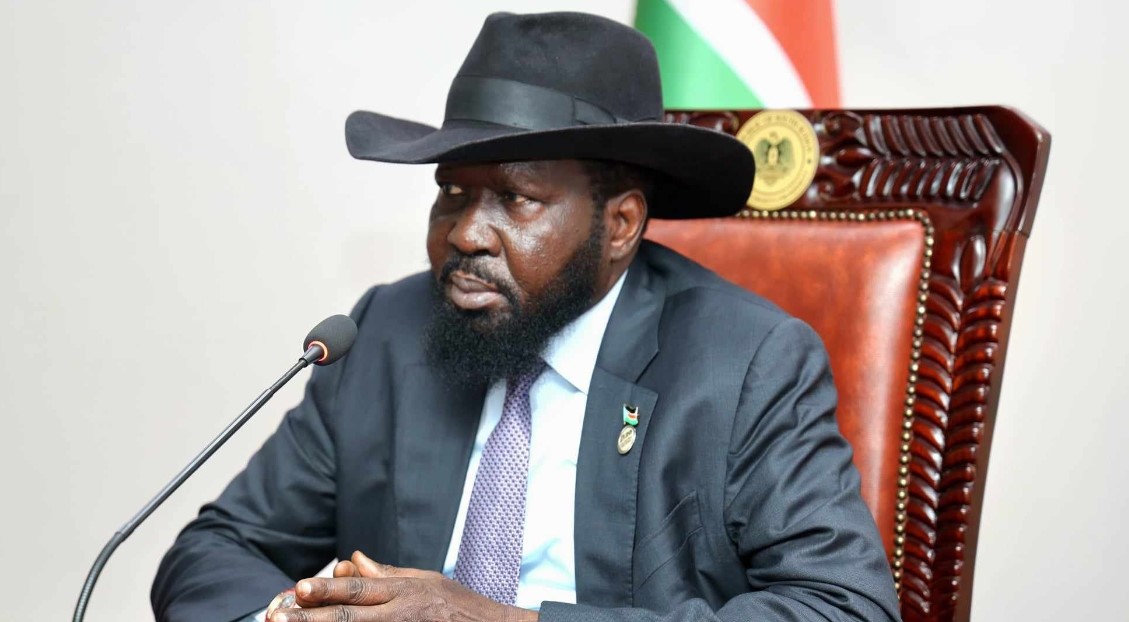 President Salva Kiir presides over the swearing in ceremony of the newly appointed government officials on May 4, 2024. (Photo: South Sudan Government)
President Salva Kiir presides over the swearing in ceremony of the newly appointed government officials on May 4, 2024. (Photo: South Sudan Government)President Salva Kiir presides over the swearing in ceremony of the newly appointed government officials on May 4, 2024. (Photo: South Sudan Government)
The chairperson also expressed concerns over the limited budget affecting the implementation of key tasks in the agreement.
“With elections scheduled for December 2024, it is hoped that the dialogue by the parties will bring hope and clarity. While some progress has been made in establishing the key institutions charged with constitution-making and the conduct of elections, a lot remains to be done to equip them fully. Similarly, the resources available to these institutions fall short of the proposed budget, hindering their ability to complete the required tasks,” he added.
In Nairobi, Kenyan leader William Ruto, whose government is facilitating these peace talks, held discussions on Tuesday with South Sudanese opposition leaders, reaffirming Kenya’s commitment to facilitating a peaceful resolution to the ongoing conflict.
Ruto met former Kenya Army commander Lazarus Sumbeiywo for an update on the mediation efforts, along with South Sudanese leaders Pagan Amum, Paul Malong, Mario Loki Thomas Jada, and Lula Dau.
He expressed hope for a peaceful and stable South Sudan playing a significant role in African affairs.
“Kenya looks forward to the people of South Sudan living in a peaceful, secure, and thriving society. The Tumaini initiative has made significant progress under the leadership and patriotism of all parties involved,” Ruto said in an X post.
However, observers warn that the situation remains precarious, with many obstacles to overcome before South Sudan can hold its first post-independence elections.
